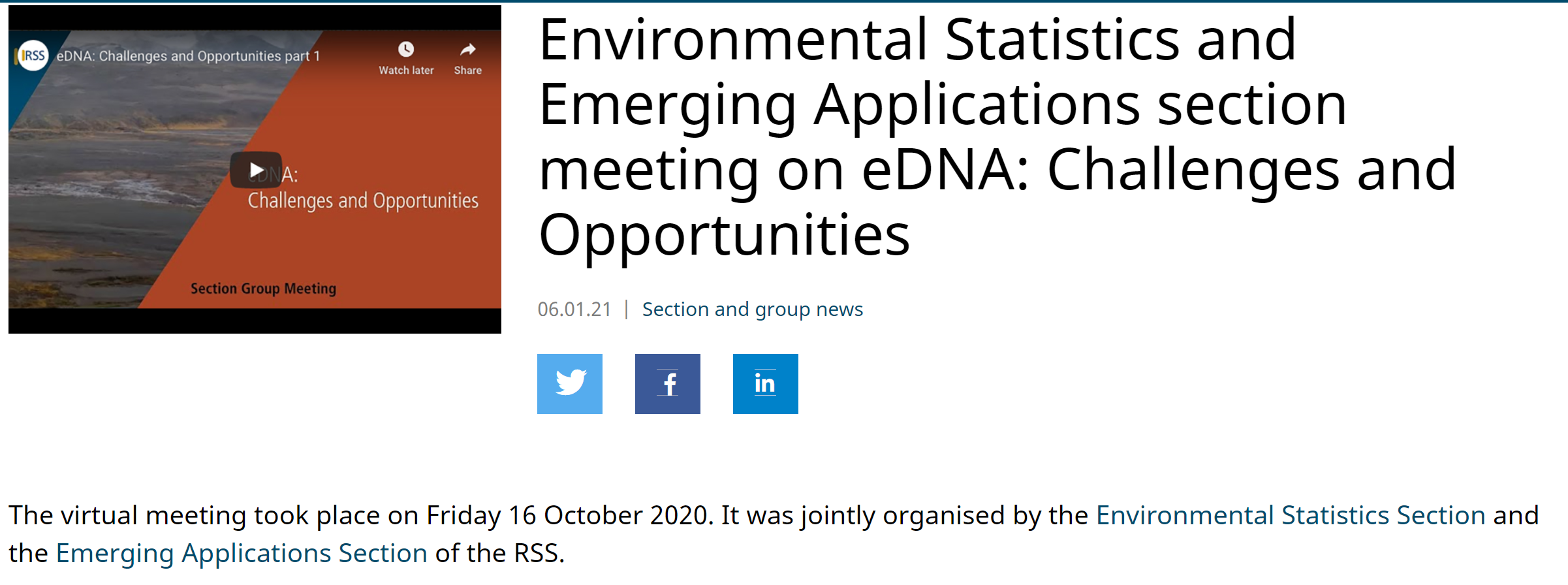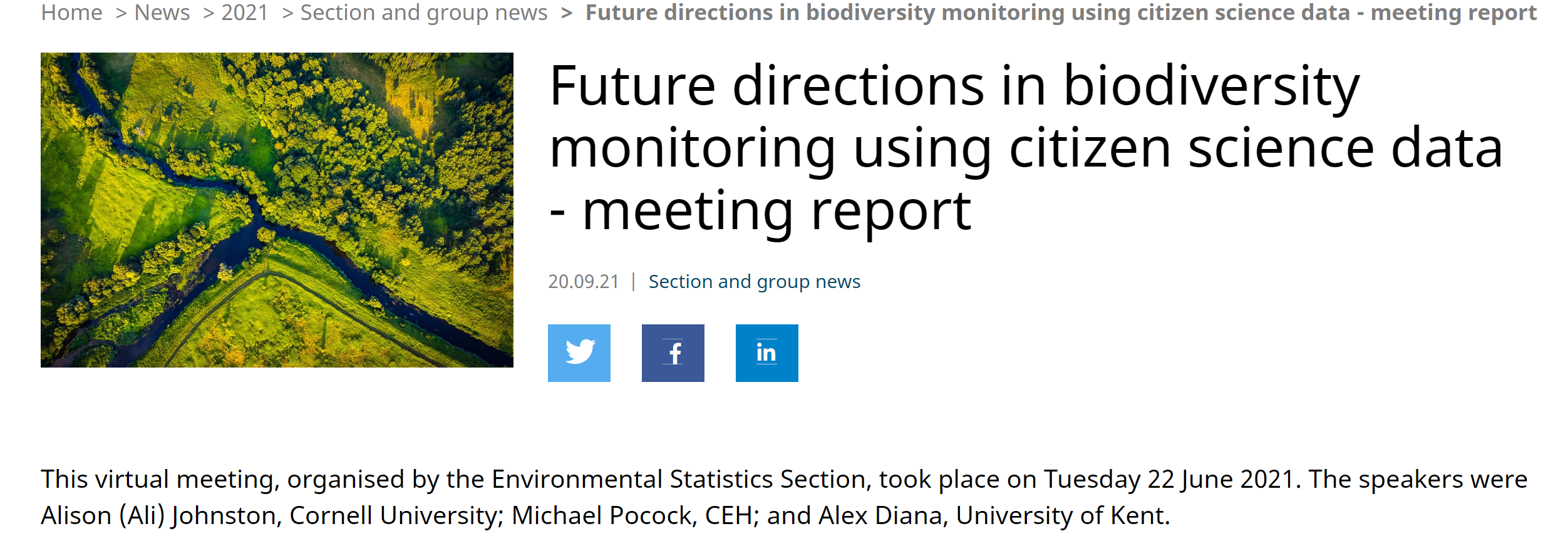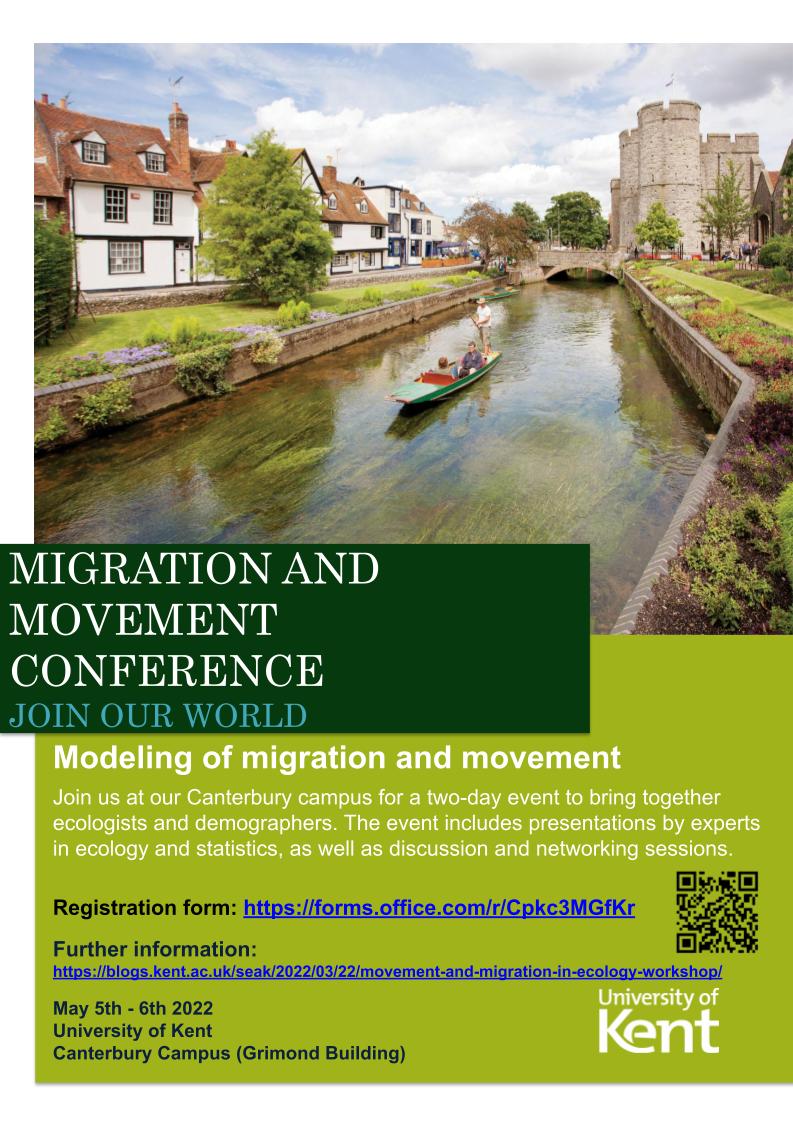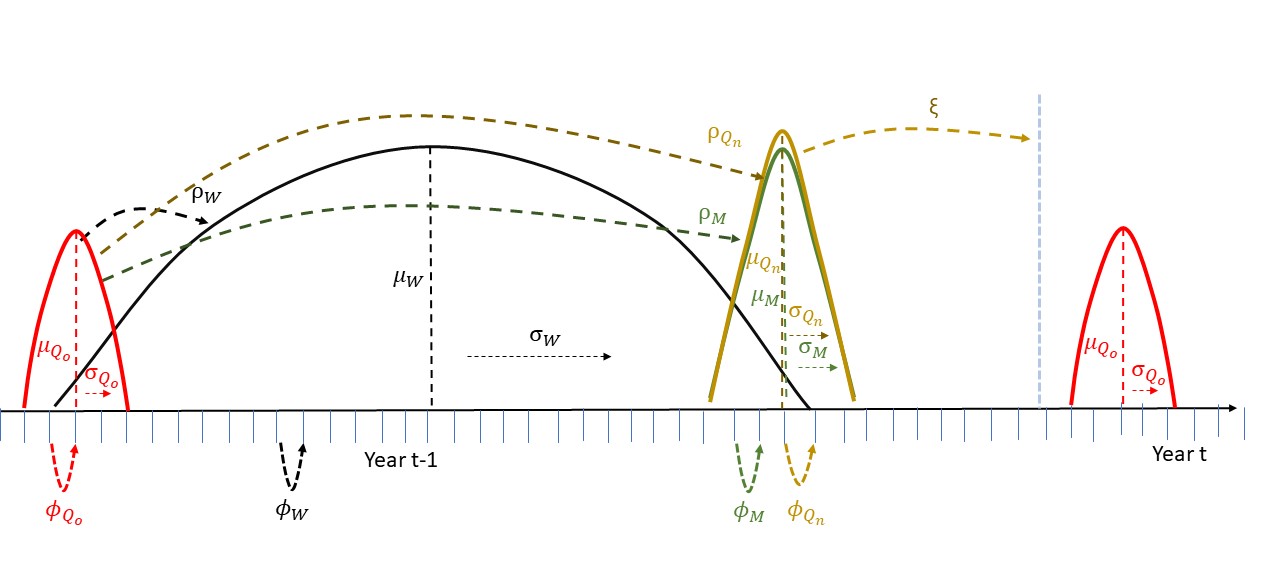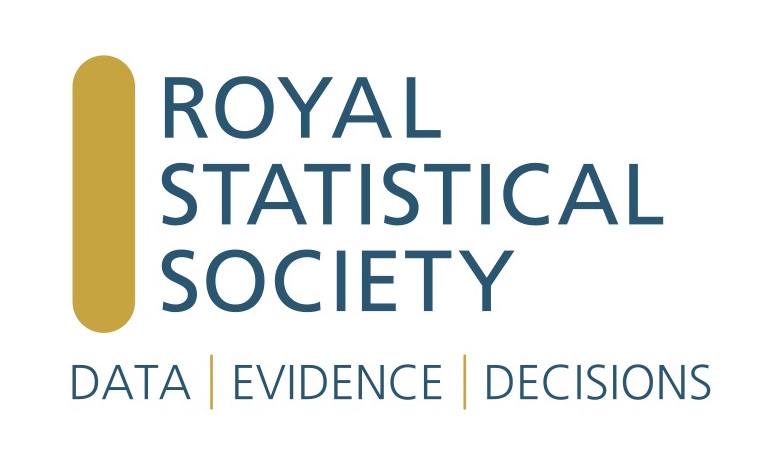For the second term of the 23/24 academic year, we have an exciting plan for SE@K and guest talks:
- 25th Jan Session : Alex Talk ; Cake : Milly
- 1st Feb Session : Meta-Regression ; Cake : Tommy
- 8th Feb Session : Daniel Talk ; Cake : Ioannis
- 15th Feb Session : Talk by Jon Barry from CEFAS on MCMC for machine learning environmental monitoring; Cake : Diana
- 22nd Feb Session : Ioannis Talk ; Cake : Eleni
- 29th Feb Session : TBA ; Cake : Lucy
- 7th Mar Session : Lena Talk ; Cake : Lena
- 14th Mar Session : Tommy Talk ; Cake : Milly
- 21st Mar Session : Milly Talk ; Cake : Ioannis
- 28th Mar Session : Lucy Talk ; Cake : Tommy
- 4th Apr Session : Lunch ; Cake : Diana
The talks in the first term were:
- 28th of Sep Session : Biosciences lecture; Cake : Eleni
- 5th of Oct Session : SE@K intro – all; Cake : Diana
- 12th of Oct Session : Building a website – all; Cake : Daniel
- 19th of Oct Session : Data presentation on Bats – Denise; Cake : Bruno
- 26th of Oct Session : Data presentation on Moths – Denise; Cake : Ioannis
- 2nd of Nov Session : Building a website – all; Cake : Milly
- 9th of Nov Session : RShiny apps – Tommy; Cake : Lena
- 16th of Nov Session : Ioannis’s paper; Cake : Lucy
- 23rd of Nov Session : GLMMs for moths; Cake : Eleni
- 30th of Nov Session : Monty & Jake – Satellite data; Cake : Denise
- 7th of Dec Session : Daniel I. and team – Wildmeat & agent-based modelling; Cake : Diana
- 14th of Dec Session : Meta-regression; Cake : Daniel

